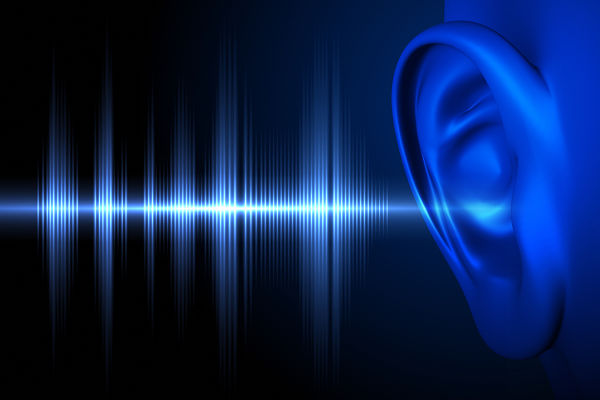Tinnitus causes, sounds and suggested help

The British Tinnitus Association describes Tinnitus as “the perception of noises in the head and/or ear which have no external source. It derives from the Latin word for ringing and those living with the condition may have to endure a ringing, buzzing, hissing, whistling or other noise. The sensation can be constant or intermittent and it can vary in volume”
Tinnitus can be caused by several things including a viral ear infection or an impact to the head; as a side effect of medication, through stress or as a result from having been exposed to loud noise over long periods.
It is estimated that six million people are living with the condition in the UK and about 30% of people will experience Tinnitus at some point in their lives. Tinnitus is rarely an indicator of a serious condition and will often settle down of its own accord. Nevertheless it can be debilitating with sufferers talking about
- Panic attacks and anxiety
- Depression
- Being lonely or anxious about socialising
- Insomnia
- Irritability
- Being unable to focus or even work
- Having relationship problems
- Having their lives totally dominated by the condition
- Being unable to find ANYTHING to help
My Personal Experience
About 7 years ago, at a rather stressful time for me, I noticed that the I was more sensitive to loud noises – sirens going past, train doors bleeping. A couple of months later I noticed that I had a shrill ringing in my ears.
I initially went to have a hearing test and was advised that I had some hearing loss and should start wearing hearing aids. That wasn’t something I wanted to do – I wasn’t really aware of hearing loss. Being a musician in my spare time, I was really worried that my hearing might be impaired. I took myself off to see an ENT specialist who diagnosed Tinnitus. I was subsequently referred to a tinnitus therapist.
My sessions with the therapist were helpful. She explained the mechanism of tinnitus so that I had a better understanding of it and gave me tips on how to manage it. Being in a quiet place was no longer relaxing for me – I’m better with some quiet background noise. The therapist recommended an app called Sleep Pillow which has various white noises that you can play. Initially I used those during the night too which I found really helpful. I have learned not to ‘seek out’ the noise but to ignore it and that has been helpful too.
I guess the biggest thing for me was my fear that I my hearing would get much worse and how that would affect my work and my music. Actually, my hearing is exactly the same – I still have tinnitus but I’m not worried about it now and at least I have the personal experience to be able to advise my tinnitus patients about how to manage it.
Please have a look at the British Tinnitus Association website for more information and signposted support
